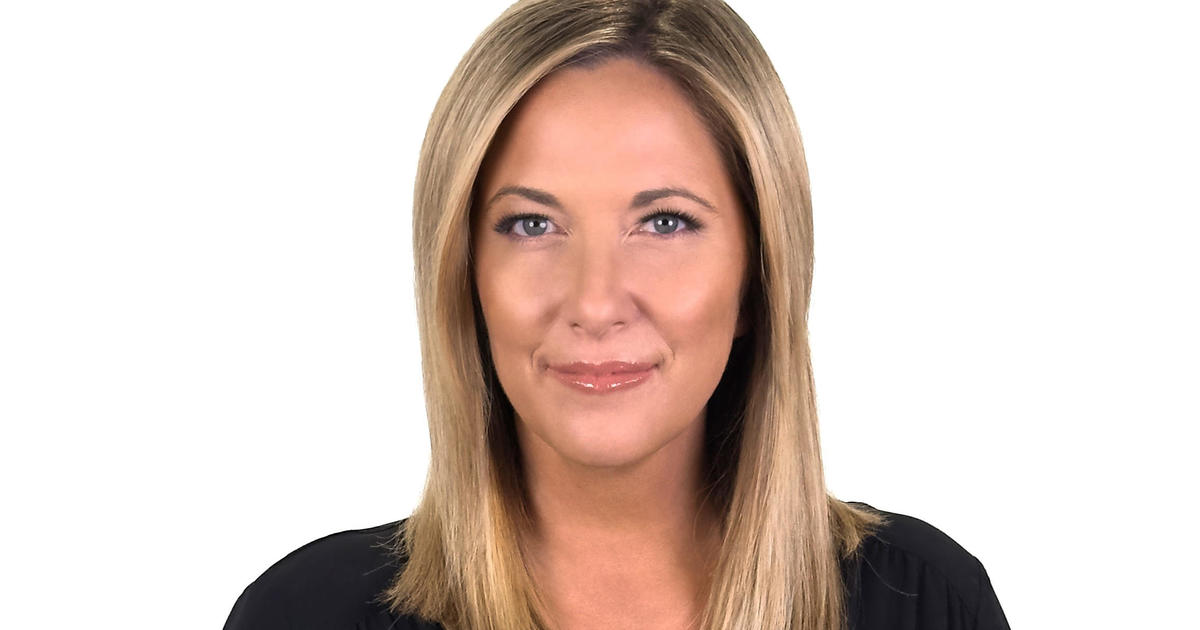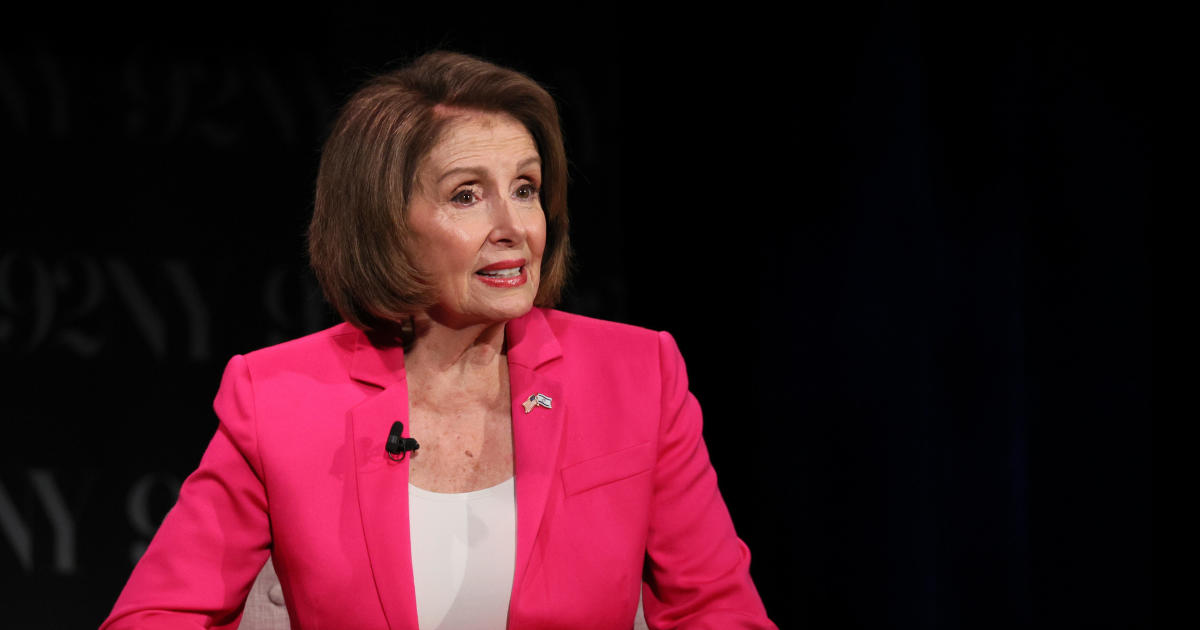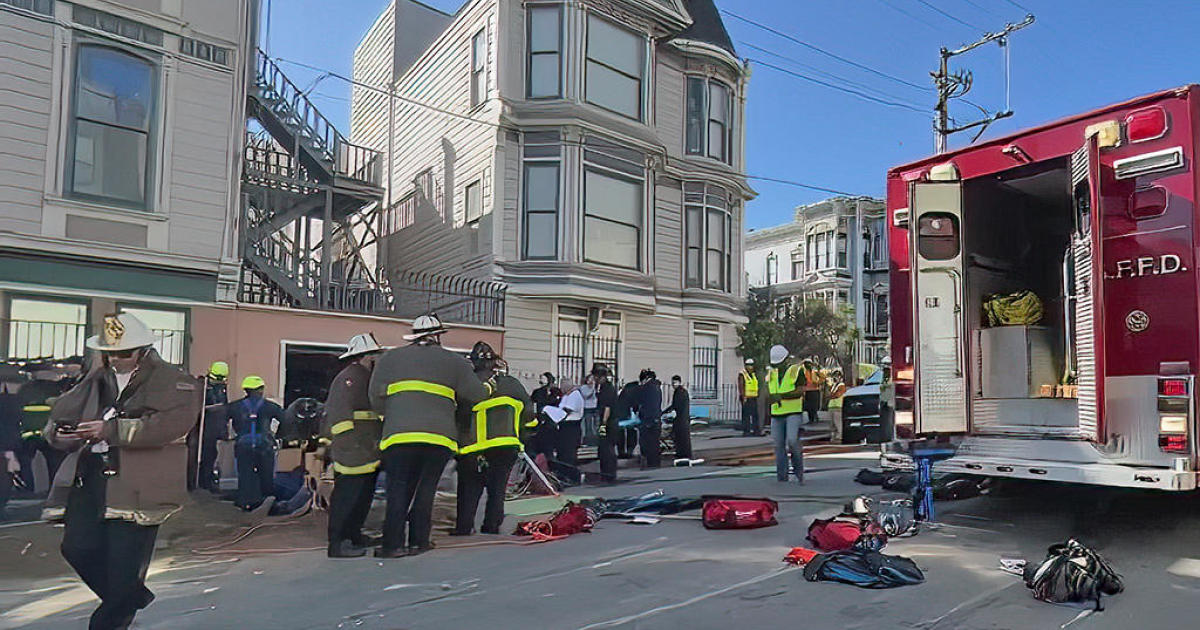Re-elected Gov. Brown Could Reshape California Supreme Court
SAN FRANCISCO (CBS/AP) -- If Gov. Jerry Brown wins re-election in November, he will be given an unprecedented opportunity to overhaul the California Supreme Court.
Voters in 1987 rejected Brown's first makeover when they removed Chief Justice Rose Bird and two other of his appointees from the high court because of their refusal to enforce the death penalty and consistently liberal rulings.
Three decades later, Brown could be presented another chance to shape one of the most influential courts in the country. Justice Marvin Baxter, a reliably conservative member of the court, announced last week that he will retire in January, which would give Brown his third vacancy to fill on the seven-member court if re-elected.
In 2011, he filled a vacancy by appointing University of California Boalt Hall School of Law professor Goodwin Liu to the state's highest court after Senate Republicans blocked his nomination to the 9th U.S. Circuit Court of Appeals. The second opening he has to fill was created by the retirement of Justice Joyce Kennard, 78, in April, and the third opening will be created in January when Baxter retires.
While nobody wants to predict precisely who the independent-minded Brown will nominate to fill those two slots, it's expected he will appoint more mainstream candidates than he did during his first eight years as governor.
"I would not expect Gov. Brown to appoint another Rose Bird," said Jon Eisenberg, a lawyer who has appeared in the state Supreme Court numerous times. "He's older and more mature."
Since leaving the governor's office in 1983, Brown, 76, has served as mayor of Oakland and as California attorney general. In both positions, Brown was a proponent of tough policing policies. As attorney general, he said he would "follow the law" and not oppose capital punishment, a departure from his outspoken anti-death penalty position during his first stint of governor and the reason for appointing Bird and other justices to the Supreme Court.
"The Rose Bird court has to be at least in the back of his mind," said appellate specialist Curt Cutting, who has appeared before the state Supreme Court. "But it's still going to be a less conservative court. There are going to be big changes."
It's widely expected the decades-long era of a moderate Republican court that was friendly to corporate interests and dominated by appointees of governors George Deukmejian and Pete Wilson is about to end.
Brown will have been responsible for filling at least three vacancies — and likely five — on the seven-member court if he is re-elected to another four-year term in November.
The governor has not said when he will fill the current vacancy caused by Kennard's retirement and hasn't disclosed a short list of candidates. Nor has he said what he wants the Supreme Court to look like during his second term.
"We're moving expeditiously to fill these vacancies and remain focused on appointing the best possible judges from a broad, diverse and experienced pool of candidates," governor's spokesman Evan Westrup said.
In appointing Liu, 43, Brown resisted pressure from minority groups to nominate a Latino or black candidate to replace Justice Carlos Moreno, who is now U.S. Ambassador to Belize. Brown said at the 2011 news conference announcing the appointment that the high-profile failure of Liu's nomination to federal court propelled him to the top of Brown's list for the California Supreme Court vacancy.
"It is hard to tell with Brown," Cutting said. "But what we have seen so far is that he more interested in finding someone who is going to be a really smart contributor to the court for a long time as opposed to pandering to a particular constituency."
At the Liu news conference, the governor said he has no litmus test for judicial appointments and didn't ask Liu about his positions on the death penalty, gay marriage or other hot-button social issues. Instead, he asked Liu for his "theory of the law."
"That was a game changer," said Gerald Uelmen, a Santa Clara University law school professor who studies the Supreme Court.
Uelmen said he expects the court to move left politically when Brown fills the current vacancy and the opening created by Baxter's retirement, predicting that the two new Brown appointees would team up with Liu and Justice Kathryn Werdegar to form a majority liberal bloc.
Uelmen said that's a dramatic departure from a court that was — until Liu's appointment — unanimously Republican and reliably conservative on most issues, with a few notable exceptions that include the 4-3 vote to strike down California's same-sex marriage ban.
Appellate specialist Jon Eisenberg said filling Baxter's vacancy will put the Supreme Court on a far different course than charted by Chief Justice Ron George, who led a Republican majority for 15 years before his retirement in January 2011.
"Jerry Brown has the opportunity to appoint a member very different than Justice Baxter," Eisenberg said.
Brown is under pressure again to appoint a Latino and black to a bench lacking both, he said.
Eisenberg speculates that the next two vacancies will be filled by minorities.
"After that, he will have the political freedom to pick whoever he wants," Eisenberg said. "That's when it will get really interesting."
© Copyright 2014 The Associated Press. All Rights Reserved. This material may not be published, broadcast, rewritten or redistributed



